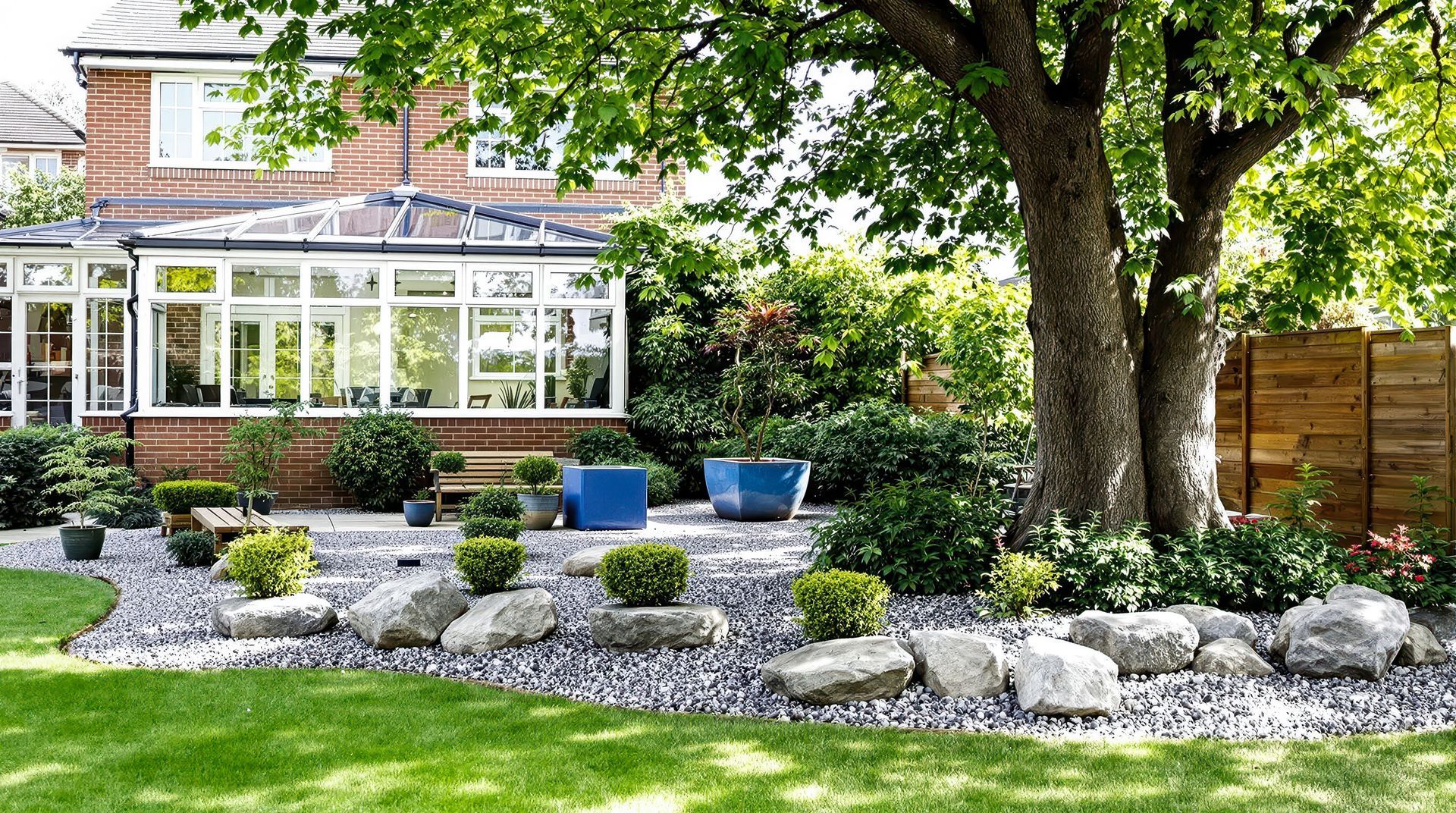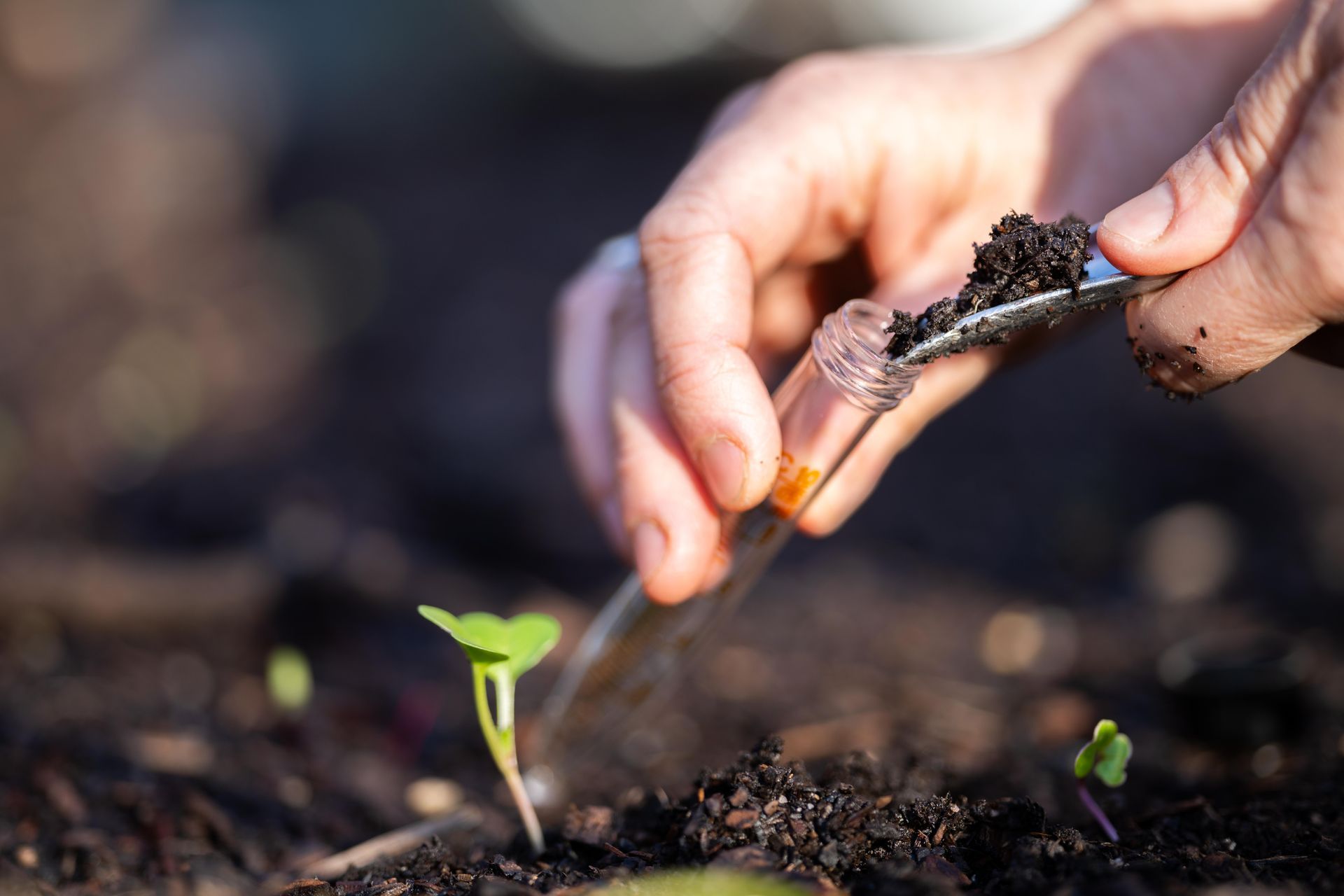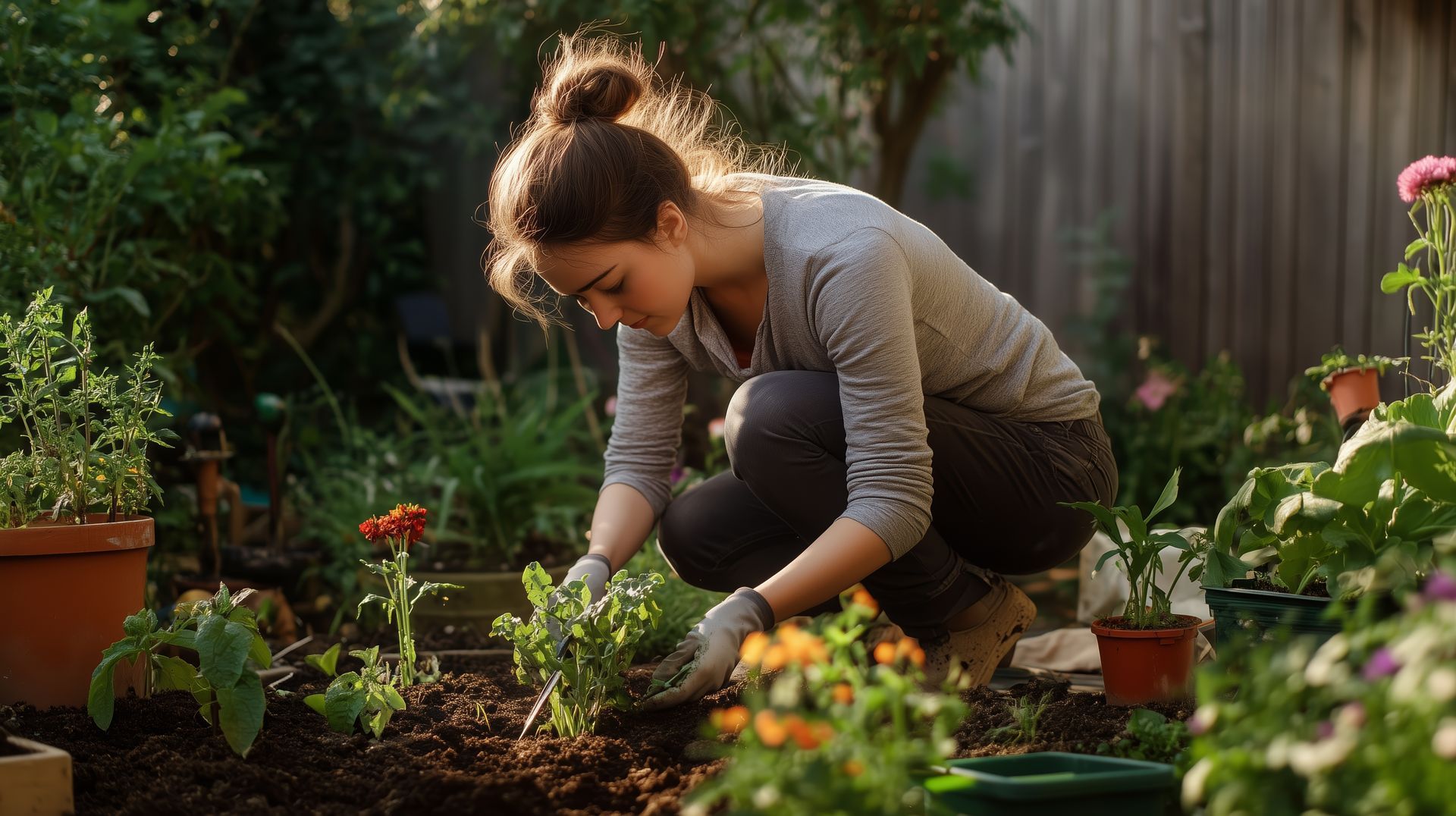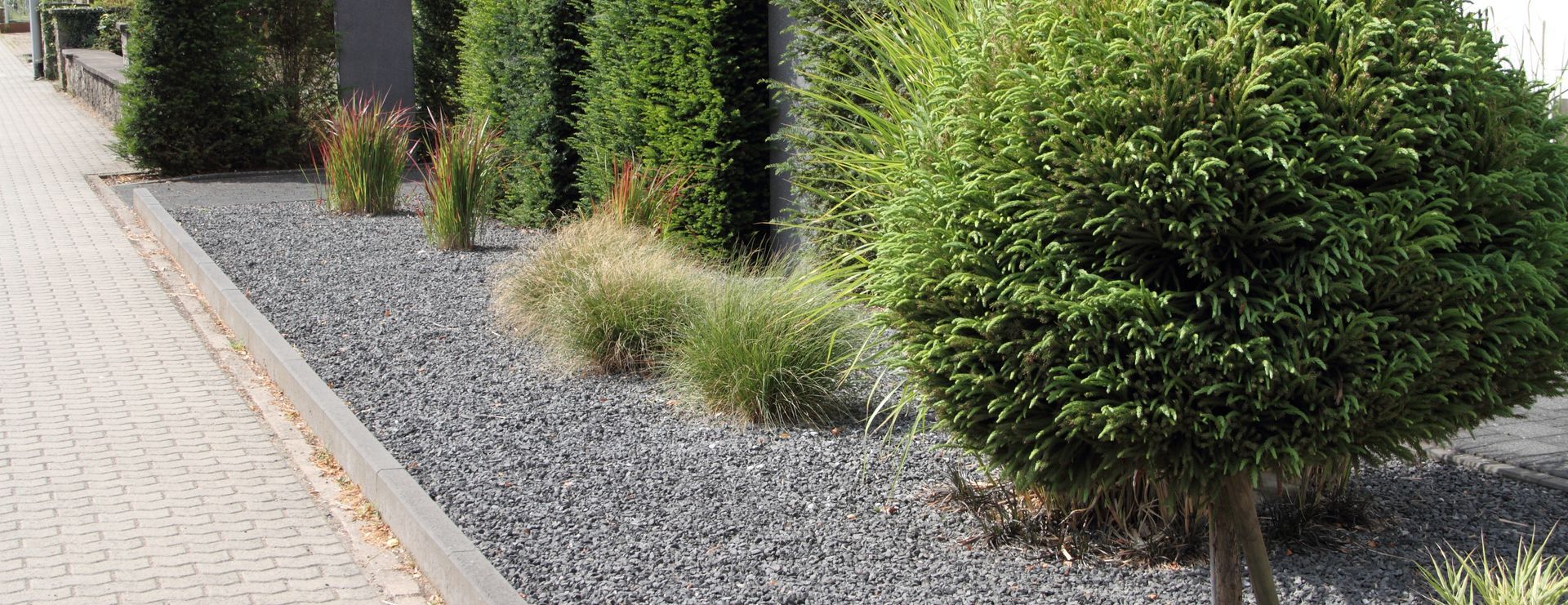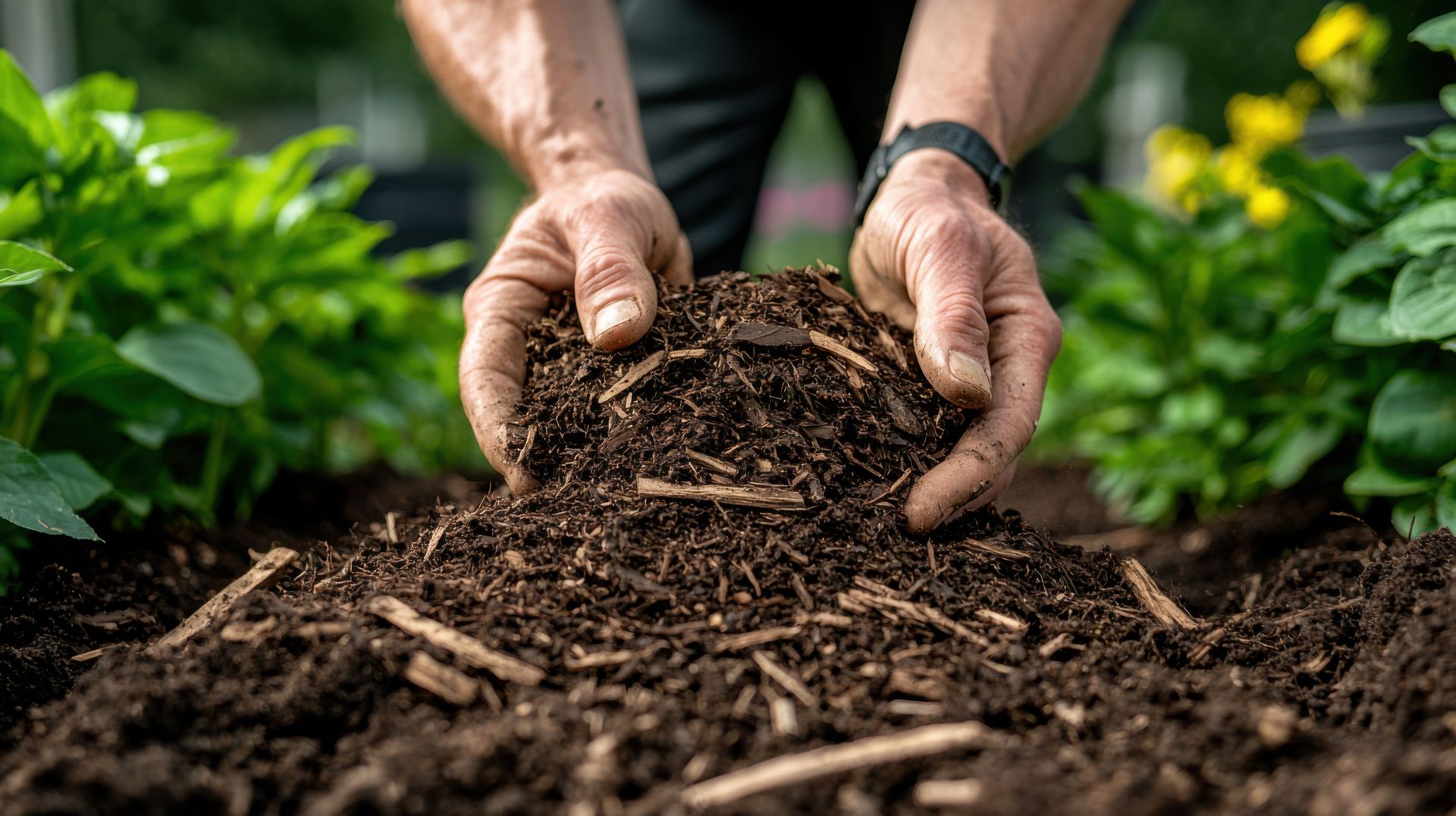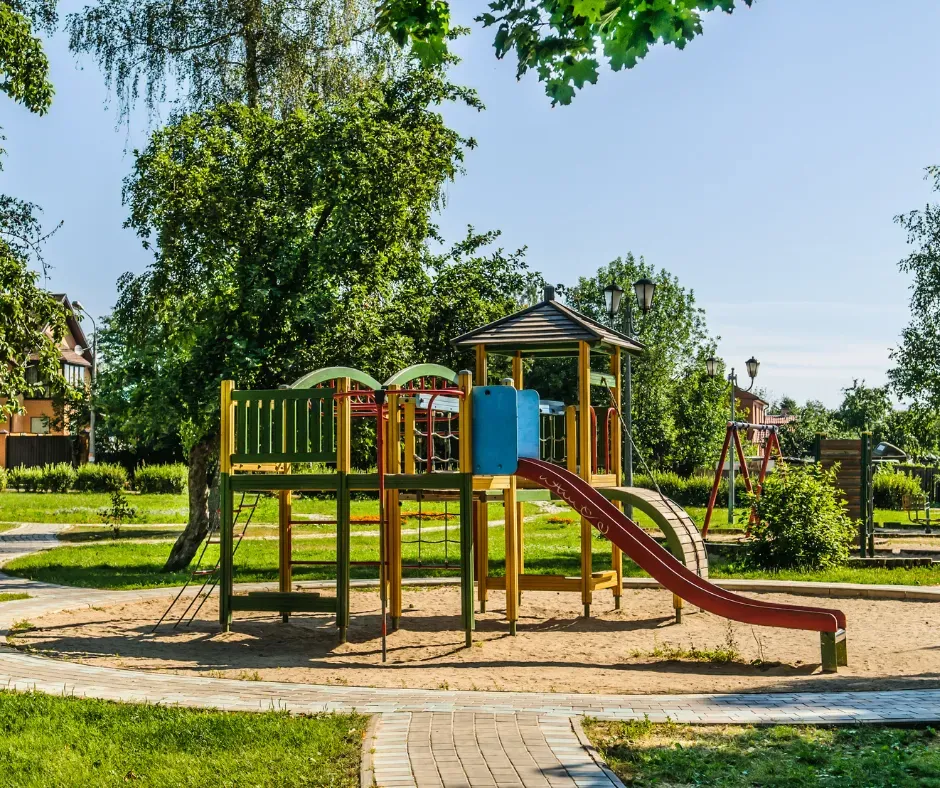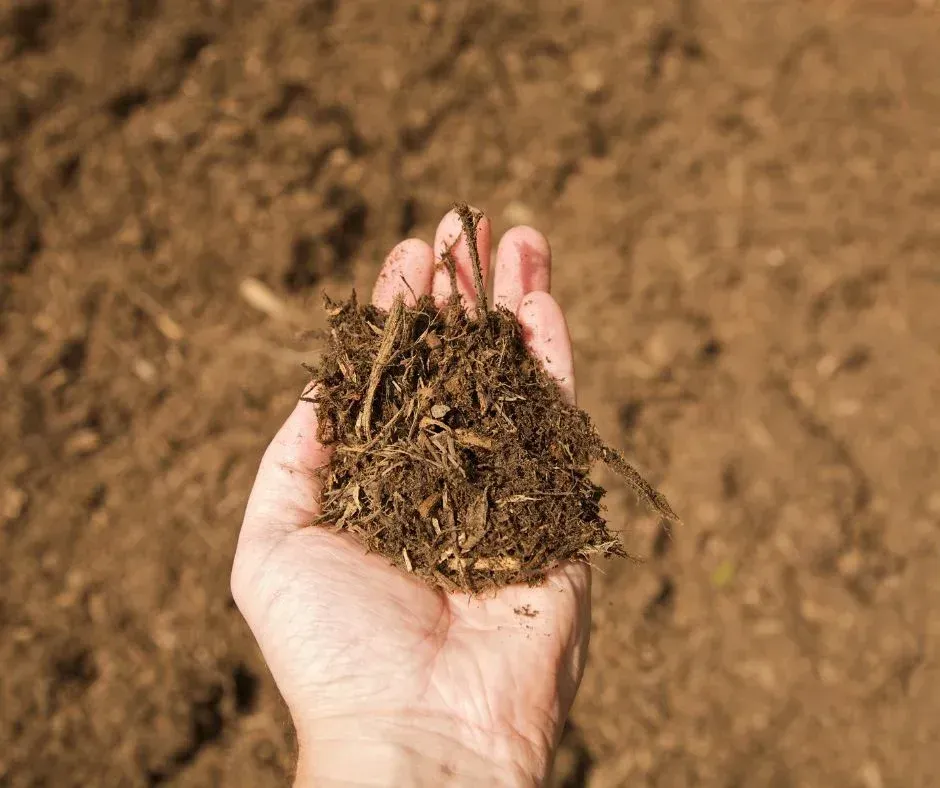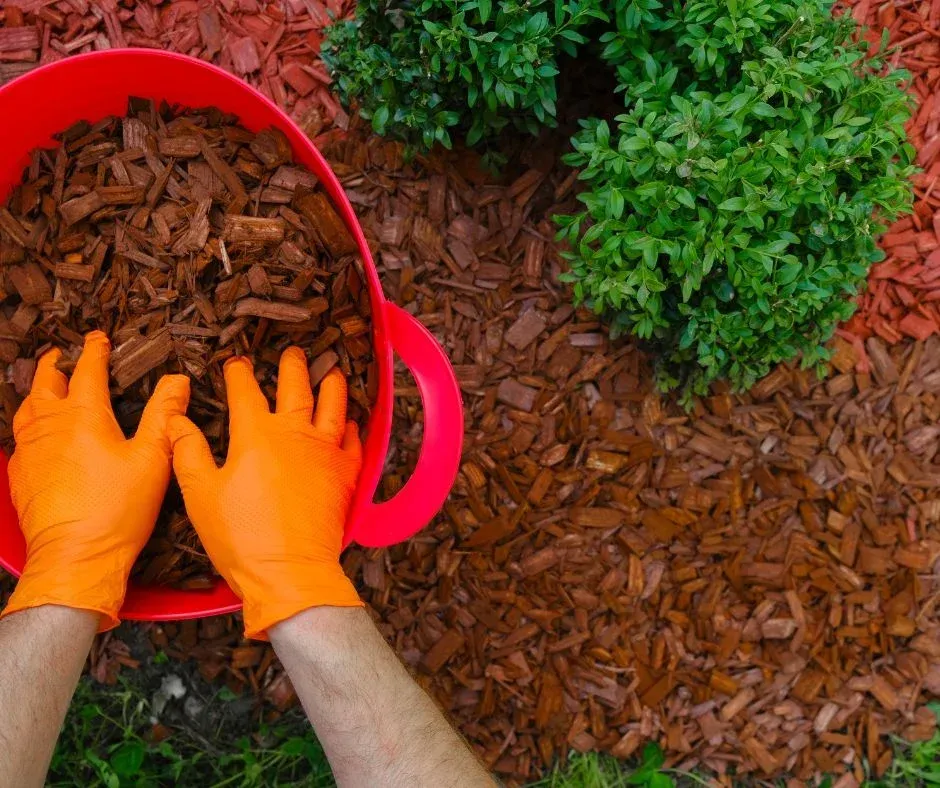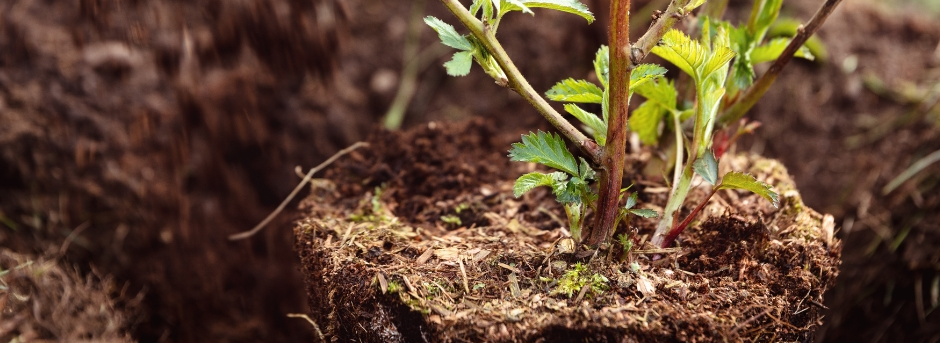The Secrets of Healthy Soil for Gardeners
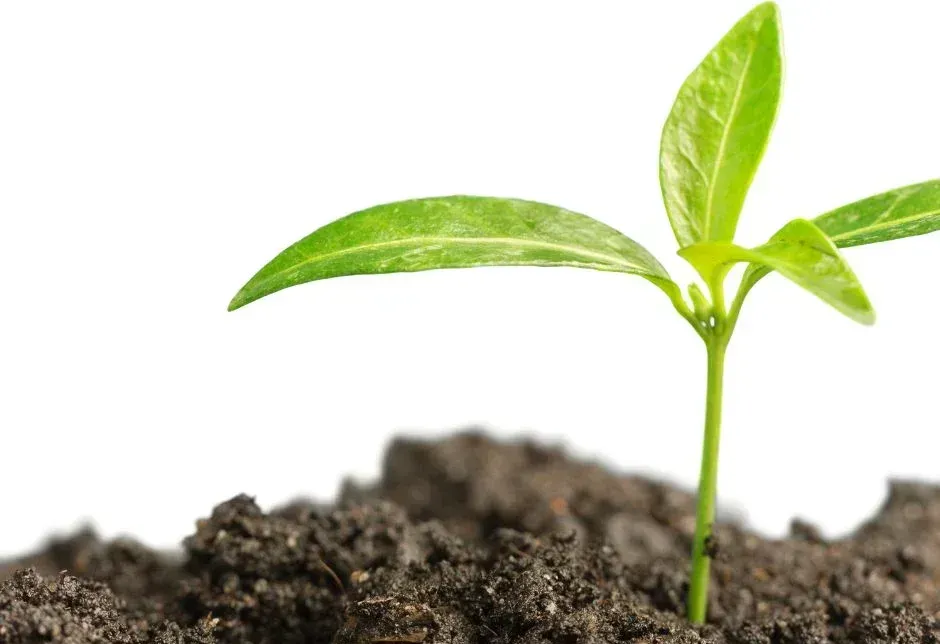
Healthy soil is the foundation of a thriving garden. As gardeners, understanding the secrets of healthy soil is crucial for growing vibrant and productive plants. Whether you're a novice or an experienced gardener, this guide will delve into the essential elements that make up healthy soil and how to achieve it in your garden. Let's uncover the secrets that will transform your soil into a fertile haven for your plants.
Know Your Soil:
Before you can improve your soil, you need to understand its composition. Soil can be classified into three main types: sand, silt, and clay. Each type has its unique characteristics, and knowing your soil type will help you make informed decisions about how to improve it.
The Importance of Organic Matter:
One of the most critical secrets to healthy soil is the presence of organic matter. Organic matter, such as compost, decomposed leaves, and manure, enriches the soil with essential nutrients and improves its structure. Regularly adding organic matter will enhance soil fertility and water retention.
pH Balance:
The pH level of your soil plays a significant role in plant growth. Different plants thrive in different pH ranges, so it's essential to test your soil and adjust it as needed. Lime can be added to raise pH, while sulfur can lower it. Maintaining the right pH balance ensures that your plants can access the nutrients they need.
Proper Drainage:
Healthy soil should have good drainage to prevent waterlogging. To improve drainage, consider incorporating organic matter and coarse materials like sand or perlite into your soil. Adequate drainage helps prevent root rot and other moisture-related issues.
Avoid Over-tilling:
While it's essential to loosen the soil for root growth, over-tilling can disrupt the natural structure and beneficial microorganisms in your soil. Minimize excessive tilling and use no-till or low-till methods to protect the soil ecosystem.
Crop Rotation:
Crop rotation is a secret used by experienced gardeners to maintain soil health. By rotating crops each season, you reduce the risk of soil-borne diseases and nutrient depletion. This practice helps keep your soil fertile and your plants healthy.
Beneficial Microorganisms:
Healthy soil is teeming with beneficial microorganisms, such as bacteria and fungi, that break down organic matter and release nutrients for plants. Avoid using chemical pesticides and fertilizers that harm these essential soil organisms.
Mulching:
Mulching not only helps retain moisture but also adds a protective layer to your soil, preventing erosion and weed growth. Organic mulches, like straw or wood chips, break down over time, further enriching your soil.
Regular Soil Testing:
Regularly testing your soil for nutrient levels and pH is a key secret to maintaining soil health. Test results can guide you in making necessary amendments and adjustments to optimize soil conditions for your specific plants.
Healthy soil is the secret weapon of successful gardeners. By understanding and implementing these secrets of healthy soil, you can create a garden that thrives with vibrant, robust plants and bountiful harvests. Take the time to nurture your soil, and it will reward you with a beautiful and productive garden year after year.
